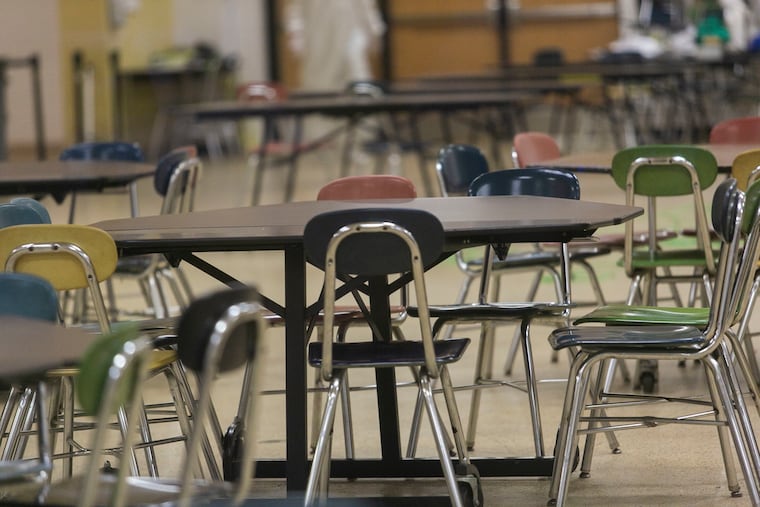New Jersey offers ‘bridge’ year for high school students to make up for class time lost in coronavirus pandemic
Under a law signed last month by Gov. Phil Murphy, upcoming juniors and seniors can opt to defer graduation to attend classes at their high schools, participate in extracurricular activities such as musicals and play spring sports that were canceled because of the pandemic.

A new “bridge year” pilot program will allow some New Jersey high school students to stay behind for an extra year to make up what they missed when schools were shut down abruptly by the coronavirus.
Under a law signed last month by Gov. Phil Murphy, upcoming juniors and seniors can opt to defer graduation to attend classes at their high schools, participate in extracurricular activities such as musicals, and play spring sports that were canceled because of the pandemic.
“This is just a gap year, plus,” said Assemblywoman Pamela Lampitt, (D., Camden), one of the bill’s sponsors. “It creates an option for them.”New Jersey is believed to be the first state to take such action in response to the pandemic, said Mandy Zatynski, a spokesperson for the Education Commission of the States, which tracks education policy. Many schools are weighing options on plans for the 2020-21 school year amid pressure from President Donald Trump to fully reopen.
But will students enroll in high school for a fifth year?
Darnell Hightower, 16, who will be a senior at Cherokee High School in Evesham, said he would consider the bridge year and believes it could be a good move for others. An honors student, Hightower said he regrets missing track season.
“Everybody learns differently,” said Hightower, of Marlton. “Some people are going to be at a loss.”
» READ MORE: ‘A lose-lose situation’: Schools try to plan their reopening amid conflicting coronavirus guidelines
A state Department of Education spokesperson said there are no projections yet on how many students will opt for the bridge year. More details will be available after the state sets regulations for the program. Students must decide by the beginning of the second semester of their senior year. Costs will be determined by the number of kids who enroll.
Like other school officials, Woodbury School Superintendent Andrew Bell said he supports the bridge year idea, but expressed concerns about the potential cost and whether districts would need to hire additional teachers. It will be left for districts to determine how many students they can accommodate.
“Our students missed out on a lot this spring,” Bell said. “How it plays out in schools is going to be interesting. The big question is what are we going to do in September?”
The law creates a pilot program for students in the Classes of 2021 and 2022 to remain in high school for a bridge year immediately after their senior year. Schools must develop “an individual learning plan” for each student to spell out the academic and co-curricular goals for the year.
During that year, eligible students up to age 19 can take up to 12 credits at the high school or their local community college, or a combination of both. They may also enroll in three credits at a four-year state college or university. Students get a discounted tuition rate of $145 per credit under the law.
Education officials believe the program may appeal to a small number of students who believe they need to make up for missed learning during in-person instruction or athletic games, which would give recruiters a chance to see them play. Students must maintain a 2.0 GPA and participate in the program for the fall and spring semesters.
“There are typically not a lot of families who would make a choice for their children to stay in high school for a fifth year,” said Cherry Hill School Superintendent Joseph Meloche. “By the time they hit the fourth year, they’re ready for what’s next.”
» READ MORE: Most Philly teachers say they want students physically back in class every other week
Bridge year students can participate in graduation ceremonies with their classmates but would not receive their diplomas until the end of the program. Participation is voluntary.
Student athletes are allowed to participate in spring sports governed by the New Jersey State Interscholastic Athletic Association such as baseball and track and field but must meet eligibility requirements, said spokesperson Mike Cherenson. Typically, they are limited to eight semesters. Fall and winter sports are excluded from the bridge year.
West Deptford School Superintendent Gregory Cappello likes the bridge program but has concerns that fifth-year athletes could take team spots from underclassmen. He believes his high schoolers are prepared academically for a new school year.
“I don’t think there was a lot lost as far as the high school,” Cappello said. “I think they will be ready.”